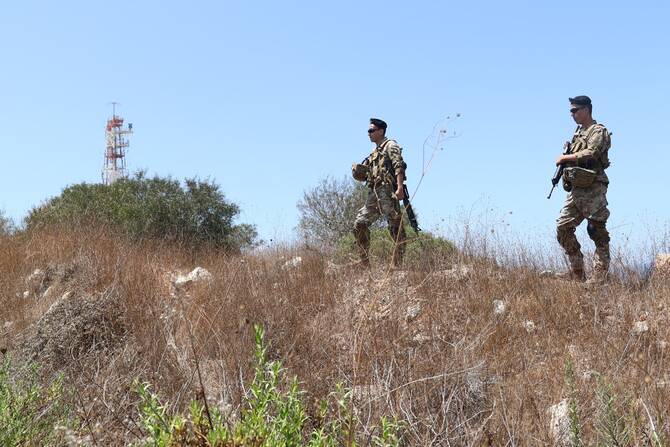ANKARA: Turkish voters went to the polls on Sunday to elect their president and a new parliament for a five-year term against a domestic backdrop marked by the devastation of the February earthquakes and the country’s economic crisis.
Polls have increasingly shown opposition leader Kemal Kilicdaroglu, the main challenger to Recep Tayyip Erdogan’s 20-year reign, in the lead, with both presidential rivals hoping to get more than 50 percent of the vote in order to avoid a runoff vote.
More than 64 million people are eligible to vote in the high-stakes elections, and a historically high turnout is expected.
Voters from all walks of life have been mobilized over recent months, and long queues could be seen at polling stations in large cities, such as Ankara, Istanbul and Izmir.
The image of a voter still wearing her oxygen mask after coming from a hospital intensive care unit, and another who was brought to the polling station by ambulance, highlighted the high turnout rate.
A large voter turnout was also observed in Turkiye’s Kurdish-majority province of Diyarbakir, with Kurds likely to be the kingmakers, changing the balance in favor of Kilicdaroglu, who enjoys widespread support among Kurdish voters.
Meanwhile, tens of thousands of people have volunteered to monitor the voting and counting process.
According to Ziya Meral, senior associate fellow at the UK-based Royal United Services Institute for Defense and Security Studies, “it is one of strongest safety nets for limiting misappropriation.”
Meral told Arab News the large number of volunteers “shows the democratic resilience of the country, and how deeply people value elections and their role in democracy."
Up to half a million Turks will monitor the ballot boxes.
Several irregularities have been spotted by the election monitors and legal procedures launched.
More than 1.8 million Turks voted from abroad.
Kilicdaroglu addressed the public after casting his vote and said: “We missed being together, we missed democracy. Inshallah, the springs will come to this country,” a reference to his main campaign slogan, “I promise, the springs will come.”
Erdogan told reporters: “Inshallah, it will be a calm day for the good of Turkish democracy.”
Polls opened at 8 a.m. and closed at 5 p.m. local time, with the results due to be announced later on Sunday night.
The election is likely to have a major impact on the country’s future no matter who wins the presidency and the parliamentary majority.
The opposition promises a return to the parliamentary democracy rather than one-man rule of the presidential system.
For this to happen, however, it will need a parliamentary majority to be able to change the constitution.
It has been the most challenging race for Turkiye’s recent history after the 20-year reign of Erdogan.
In a symbolic move a day before the elections, Erdogan attended prayers at Hagia Sophia in Istanbul and recited verses from the Qur’an calling for unity among Muslims.
Kilicdaroglu, meanwhile, paid homage to the country’s founder with a visit to Mustafa Kemal Ataturk’s mausoleum in Ankara.
The opposition candidate recently accused Russia of spreading deep fake content in his rival’s favor, while Erdogan recently claimed US President Joe Biden was trying to oust him from power.
Experts say that if Erdogan is defeated, Turkiye will first have to deal with its economic problems and governance deficit in the public sector, while foreign policy will mostly remain unchanged in the short term.
























